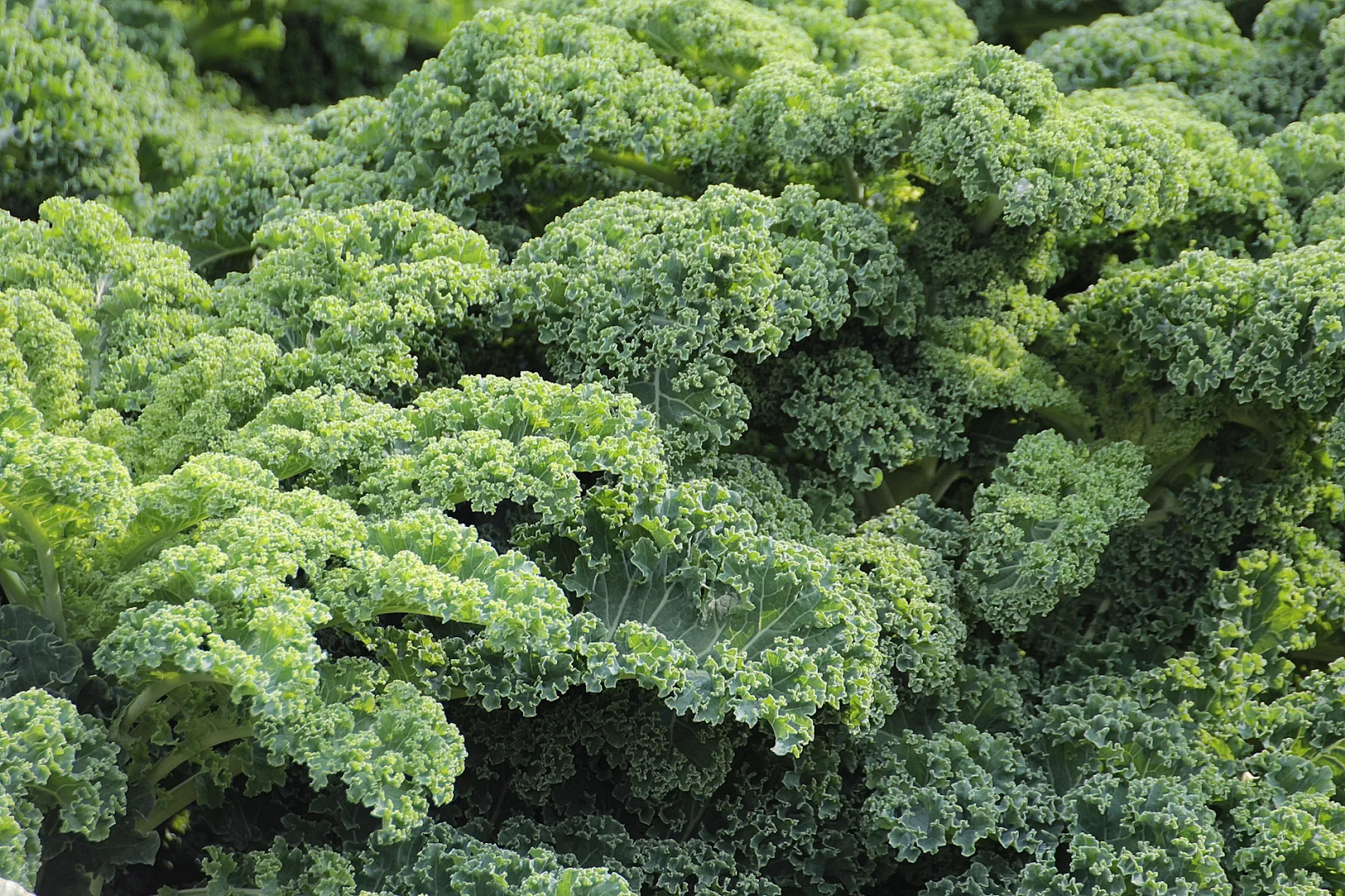

FOLIC ACID: ITS ADVANTAGES AND WHERE TO FIND IT

Folate, also known as Vitamin B-9 is a naturally occurring nutrient that can be found in certain foods. A folic acid is a systematic form of folate, which is Vitamin B. It is a water-soluble, synthetic vitamin that is used in fortified foods and supplements. Folic acid is man-made as the body cannot make folate naturally. Hence, it needs to be obtained by a healthy diet. Even though the words folic acid and folate are interchangeably used, these vitamins are quite different from each other. Synthesized folic acid differs from folate structurally and has different biological reactions in the body. Folate can be found in various animal plant foods such as beef liver, eggs, citrus fruits, avocado, broccoli, kale, and spinach. Whereas, folic acid is added to various foods like bread, ready-to-eat cereals for breakfast, and flour.
1. 3 natural sources of folic acid
It is recommended that adults should at least have 400 mcg of folate daily to prevent its deficiency. Here is a list of three naturally occurring sources of folic acid.
a. Green Leafy Vegetables:
Derived from the word 'foliage', which refers to green leafy vegetables, they contain the highest natural concentration. Arugula, kale, and spinach are low in calories but high in folic acid. One cup of raw spinach (about 30 grams) provides fifteen percent of the DV or 58.2 mcg. Green leafy vegetables are even high in vitamins A and K, and fiber. They are associated with multiple health benefits such as reducing inflammation, lowering the risk of cancer, increasing weight look, and more.
b. Broccoli
Famous for its wide range of health-promoting properties, including broccoli to the diet is quite beneficial as it provides the body with an array of important minerals and vitamins. In the case of folate, a single cup of raw broccoli (about 91 grams) contains nearly fourteen percent of the DV, or 57mcg of folate. The content of folate increases even more with cooked broccoli, where half a cup (about 78 grams) serves twenty-one percent of the DV or 84 mcg.
It is also rich in vitamins A, K, and C, and manganese. In addition to that, it also includes sulforaphane, which is known for its robust anti-cancer properties.
3. Beef Liver
When it comes to folic acid, beef liver contains high levels of it. Only a three-ounce serving (about 85 grams) of cooked liver contains fifty-four percent of DA or 212 mcg of folic acid. Apart from that, only one serving of beef liver can meet as well as exceed the daily requirements for copper, vitamin B12, and vitamin A.
It is even loaded with protein, which provides 24 grams of protein every 3ounce (85grams) of serving.
2. Recommended Daily Intake
The recommended daily intake of folate is 400 mcg (micrograms) for adults. For adult women who could become pregnant or are planning a pregnancy, they are generally advised to get a minimum of 400-800 micrograms of folic acid daily.
The R.D.A (Recommended Dietary Allowance) for teens, children, and infants are as follows,
From birth to six months: 65 micrograms DFE
a. From ages seven to twelve months: 80 micrograms DFE
b. From ages one to three years: 150 micrograms DFE
c. From ages four to eight years: 200 micrograms DFE
d. From ages nine to thirteen years: 300 micrograms DFE
e. From ages fourteen to eighteen years: 40 micrograms DFE
3. Uses and Benefits of Folic Acid
Folic acid should be consumed daily for a wide range of reasons. Folic acid affects the body in significant ways that help an individual to live a better and healthy lifestyle. Here are some of the common benefits of folic acid.
a. Prevention of pregnancy complications and birth defects
Folic acid is known for its quality of prevention of various birth defects such as neural tube defects that include anencephaly and spina bifida, a condition where parts of the baby's skull and brain are absent after birth. Maternal folate status is responsible for the risk of neural tube defect. That is why pregnant women have been prescribed a daily dose of 400-800 micrograms of folic acid from a month before pregnancy till the third month of pregnancy. Folic acid also helps in preventing pregnancy-related complications such as preeclampsia.
b. Improves brain health
Poor blood folate levels can cause poor brain functioning, mental impairment, as well as increase the risk of dementia in older adults. Various studies have found that folic acid can help in treating Alzheimer's disease and promote brain function in case of mental impairment.
A study conducted in 2019 with 180 adults who showed Mild Cognitive Impairment demonstrated that 400 micrograms of folic acid supplements daily for two years have significantly improved brain functioning measures. That includes improvement of verbal IQ and reduction of certain protein levels in the blood that are involved in the progression and development of Alzheimer's disease when compared to a control group.
c. Reduction of the risk of heart disease
Having high levels of homocysteine (amino acid) can increase the risk of developing heart disease. Folic acid is responsible for the metabolism of homocysteine that decreases the risk of heart disease. In addition to that, it helps in reducing high blood pressure that is a known factor for causing heart disease. Folic acid supplements are known to promote blood flow that further improves cardiovascular function.
Folic acid is an important micronutrient that can be found in abundance in various naturally occurring foods. Eating a wide range of healthy foods like seeds, nuts, vegetables, fruits, and fortified foods is the best way to increase folate intake. Folic acid promotes proper fetal development and growth, healthy cell division, and helps in reducing the risk of various birth defects. In addition to that, folic acid also helps in preventing diabetes, inflammation, kidney disease, and more. Hence, an adequate intake of folic acid through a balanced diet can greatly improve the overall health of an individual.














